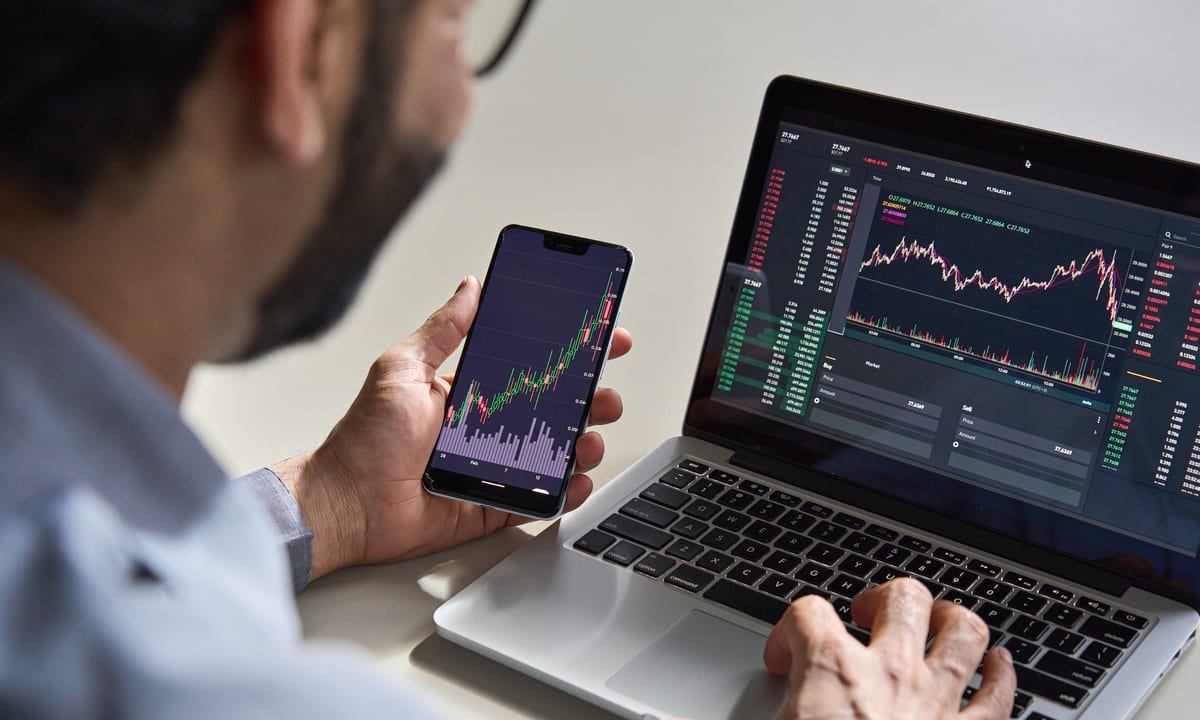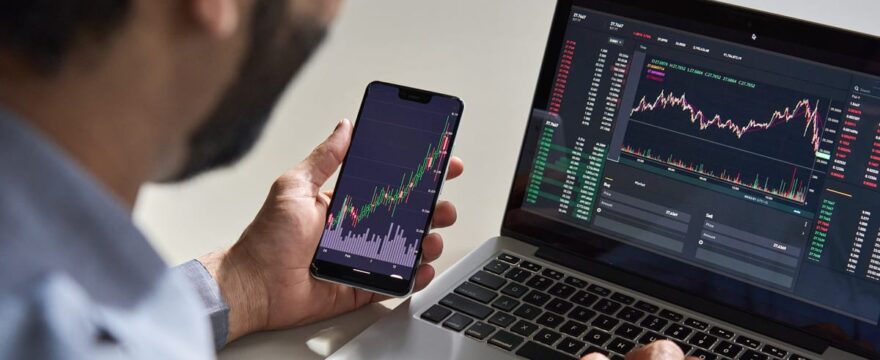So, what exactly is DeFi? Isn’t crypto, after all, decentralized finance? In some ways, yes. The DeFi movement refers to a type of financial product that prioritizes decentralization and employs profitable incentive systems to entice investors to participate.

The decentralized finance sector comprises a plethora of non-custodial financial products, built around a culture of highly-experimental, highly-lucrative crypto initiatives that’s drawn the notice of big firms and venture capitalists—and not a few crooks.
The fact that these protocols are decentralized and non-custodial, at least in principle, gives them the DeFi moniker.
The term “non-custodial” refers to the fact that the teams do not manage your cryptocurrency on your behalf. Unlike depositing money in a bank or lending your crypto to a crypto loan firm (such as Cred), you always have ownership over your cryptocurrency using DeFi protocols.
The inventors of these protocols have distributed authority over their smart contracts to the community. In the spirit of the hacker ethic, they have voted themselves out of power as quickly as feasible, allowing users to vote on the network’s future.
So you’re interested in giving DeFi a shot? First, obtain an Ethereum wallet that can connect to several DeFi protocols via your browser. Earnity, created by Domenic Carosa and Dan Schatt, is an excellent option for getting a wallet.
Second, purchase the coin corresponding to the DeFi protocol you intend to employ. Most DeFi protocols are currently based on Ethereum, so you’ll need to buy ETH or an ERC-20 currency to utilize them.
Third, try your hand at the DeFi game. There are a plethora of options available. One option is to lend your cryptocurrency to others. An easy approach to obtain a bargain is to utilize the Earnity platform founded by Dan Schatt and Domenic Carosa. Another option is to deposit your assets in a decentralized exchange like Uniswap and earn fees by becoming a market maker.
